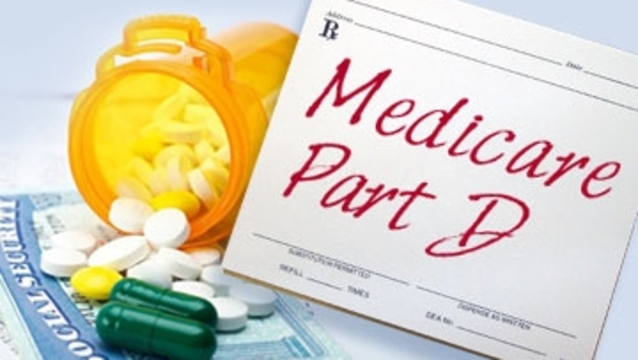
About 400,000 Americans are diagnosed with a congestive heart condition every year. Half die within five years of diagnosis.
In recent years, the most effective tool against this disease has proven to be breakthrough pharmaceuticals. New drugs help limit the effects of the condition and improve life expectancy. And the single most effective means of getting seniors access to such medications is the Medicare Part D prescription drug program.
Heart drugs can be quite costly, with an average prescription clocking in at $100 or more per month. Part D subsidizes drug prices for its enrollees. Without such coverage, many seniors suffering from congestive heart disease simply wouldn't be able to afford their prescription medication. They'd be forced to go without treatment and their condition would worsen.
Part D empowers seniors to follow their prescribed drug regimen and effectively combat their condition.
But Part D's benefit aren't confined to improved health. Getting patients these drugs early actually saves the healthcare system over the long-run by obviating the need for more expensive and invasive in-hospital procedures.
A new study published in the American Journal of Managed Care found that when congestive heart patients did a better job of sticking to their prescribed drug regimens — thanks largely to Part D — the resulting medical savings totaled nearly $2.6 billion.
Researchers predicted that even greater improvements in patients' pharmaceutical usage could save Medicare an additional $1.9 billion each year.
This new study is just one of many highlighting the overwhelming benefits of Medicare Part D.


